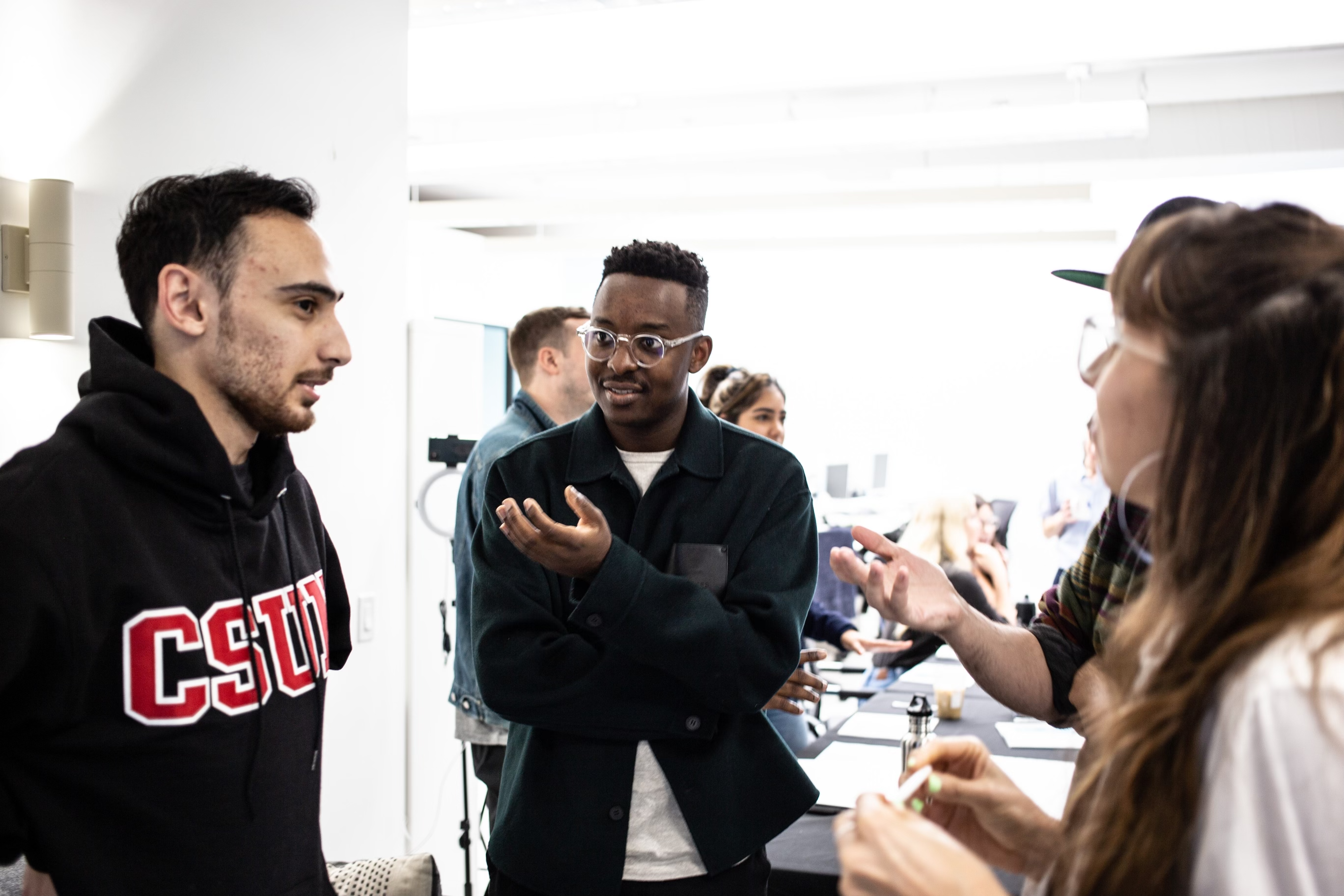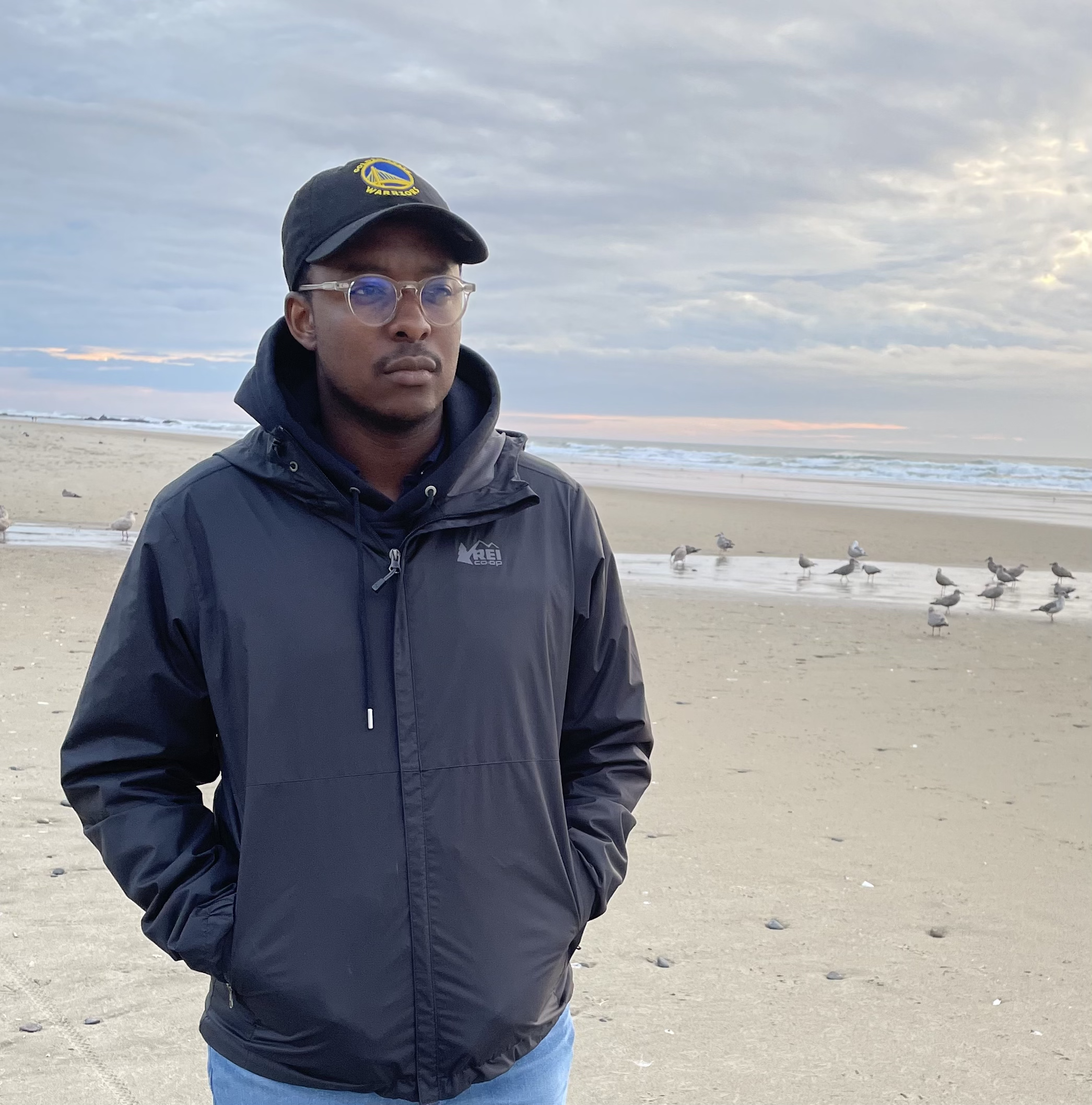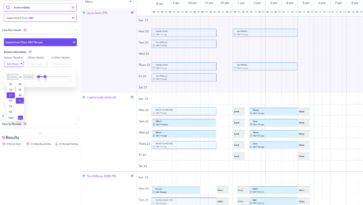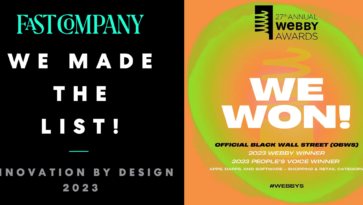Where did you grow up and what was it like?
I was born in Zimbabwe and moved to the US when I was eight years old. Zimbabwe was a great place to spend my early years; if you’ve been there, you’ll know how amiable the people there are. Family and community are vital in Zimbabwe, and that has been a significant influence on my value system.
We eventually moved to the US when I was 8 and we lived in the Dallas area until at age 12 we moved to Wylie Texas where I spent most of my formative years.
Wylie was a small town with less than 40,000 people living there when we moved there. It had everything you hear about when you imagine a small Texas town. Good food, kind people and of course Football. It was a nice bubble to grow up in because it was safe and you really got to be a kid, which I don’t take for granted. Shout out to my hardworking parents for putting my brothers and me in that environment.
Outside of work, what are you irrationally passionate about?
I love cars and racing, specifically Porsche and Formula 1. My partner’s dad asked me a while back why I loved racing and it goes back to a show I used to watch as a kid called “The Worldwide World of Sports”. Back in 1998 we only had a few channels in Zimbabwe and this show came on every Saturday morning. The show highlighted different sports and part of that coverage was formula one and rally car racing. The feeling of going fast and the required focus is something that is almost therapeutic for me.
Overall I am a big sports fan, my favorite teams are the Dallas Mavericks, Dallas Cowboys, and Manchester United. On the weekends most of my Saturday mornings are spent watching United or Formula one and it’s my favorite way to start a weekend.
Lastly, I love movies and music. I’m a big fan of melody and harmonies so I listen to a lot of Hip hop, Classic Rock, Folk, Pop synth, etc. On the movie front, I’m a big David Fincher fan and I love a good thriller.
It’s rather common that PMs have uncommon paths into the discipline. Walk us through the process that you went through to get into Product.
I found out about PMs through my first role in tech as a project manager at Digital-tutors. I ended up moving into sales for several years and eventually got into sales leadership. Through all those different experiences I always wanted to get into product but it’s a tough field to break into. I ended up deciding that working on building a product was the best way to get experience so I started building a product with a co-founder. That experience helped me gain confidence and I started looking into roles to make the switch.

We talk a lot about our jobs being the opportunity to imagine the future and then make it real. What vision do you have for the future and want to make real?
I want freedom and optionality in the future and the best way to get that is by building skills that give me the leverage to have those things. Becoming the best Product manager I can be will allow that future to become a reality and I feel Sidebench is the place for me to develop those skills.
My specific vision for the future is to build a strong safety net for my family and pursue my passions thatch admittedly require decent resources. Related to that I also really want to enjoy my work, I don’t want to feel like I am biding my time until I leave the office. Life is too short for that to be the case and I can say so far working at Sidebench I have really been enjoying my work.
Not everything we do works and that’s okay. We learn from those things. What is the least successful product or project you’ve contributed to and what did you learn? (No need to mention real names if it’s an issue)
I was COO of a startup and I learned an important lesson about economics. When I joined the team everything from the outside looked great! But once we started looking at why cash flow wasn’t matching the perceived success we discovered that we were spending too much on the acquisition and it didn’t line up with LTV. This meant we were doomed. As pretty or cool as you think your product is, you need to ensure there’s a business model that works or you just won’t last very long.
How has a failure, or apparent failure, set you up for later success? Do you have a “favorite failure” of yours?” (Borrowed from Tim Ferris’ “Tribe of Mentors”)
I fail all the time; in fact, it’s how I know I’m “driving at the limit.” In racing, driving at the limit is about driving as quickly as you can to the point where you are almost crashing the car. It’s at this limit where the good drivers are separated from the great. That analogy, to me, puts failure in perspective. If you’re trying to achieve great things, you aim high, which means you’ll falter at some points. The faster you’re moving and learning, the higher the probability of mistakes, but the quicker you learn and get where you’re going.

What’s been the most exciting part about joining Sidebench so far?
The speed of learning and exposure has been a welcomed surprise. Most of the learning is happening as I partner with more senior members of the team, and it feels like getting paid to go to school which is awesome! We also work on projects that have a real impact, which makes the work itself rewarding.
We love to find people that ADD to our culture vs. fit into our existing culture. What are some cultural aspects that you’ve experienced that you hope to bring with you?
I’ve seen both excellent and poor examples of culture in my time working in the technology industry. What I’ve seen at Sidebench so far has impressed me, it’s a high-performance culture, and the people are fun to be around. It’s a rare mix that I have been looking for, and I feel lucky to be a part of the team.
I’ve also been in customer-facing revenue-generating roles, so I know what people on that side of the table go through. It informs how I think and approaches my role as an APM at Sidebench.
Describe your superpower or describe what unique skill/perspective you bring to the team here.
I think I’m good at communication and asking questions. Communication is critical when working with a broad team, and asking questions is about framing the problem. With anything, If I’m able to frame it, I can usually come up with solutions.
What skill, practice, behavior, hobby, or habits are you currently working on?
I am trying to live a healthy lifestyle and have been working on making sure I am making time to work out regularly. Having my Peloton has made it a lot easier for me to accomplish this goal, and I’m beginning to enjoy it.
Bonus Question: What book, publication, or podcast have you most recommended lately and why?
Signal and Noise by Nate Silver
It’s a fascinating read, and it made me rethink certain assumptions that I had around how the world works. Any book that elicits that from me is one I have to recommend.









